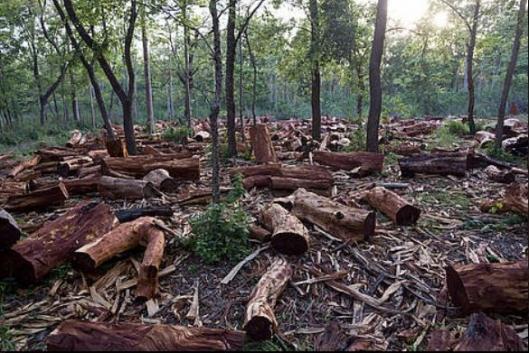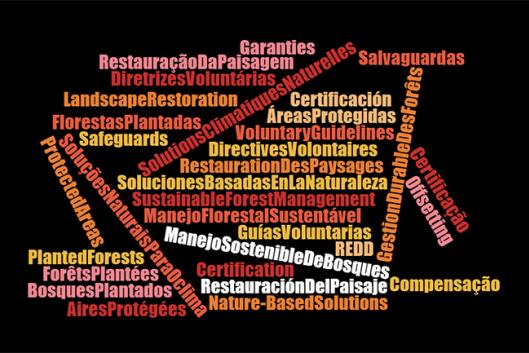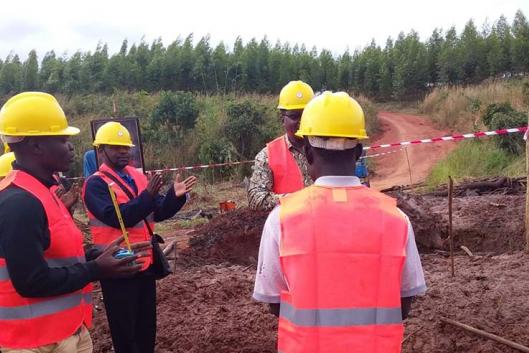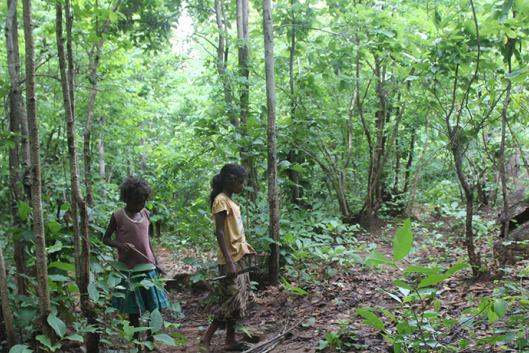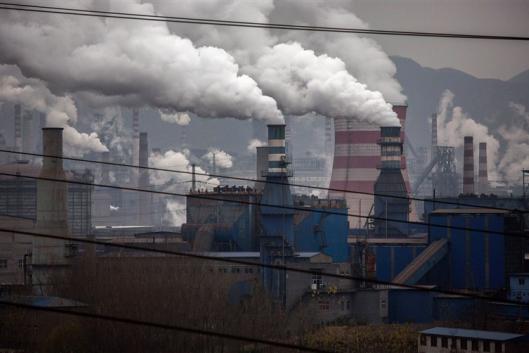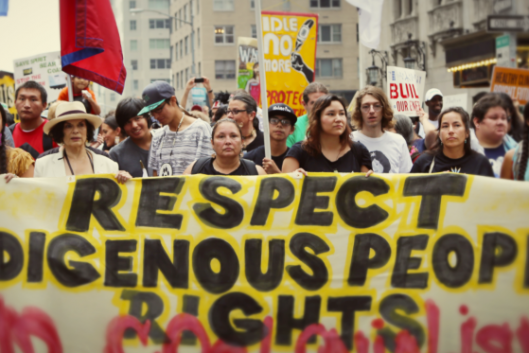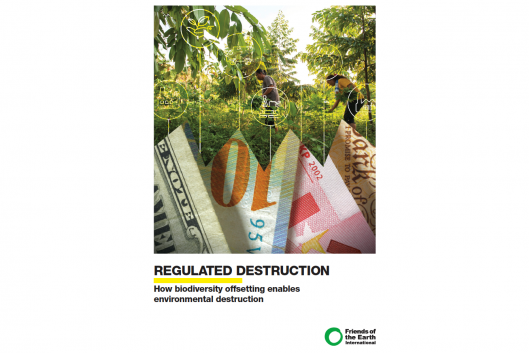The contradictions between the ideals of concepts that originate from within international policy arenas and their implications for forests and forest peoples are clearly evident.
Bulletin 247 - December 2019
Concepts that Kill Forests
This Bulletin articles are written by the following organizations and individuals: Missão Tabita, Mozambique; activists and researchers from India; Research Nucleus on Work, Territory and Politics in Amazonia, Brazil; The Cornerhouse, UK; and members of the WRM international secretariat.
WRM Bulletin
247
December 2019
OUR VIEWPOINT
CONCEPTS THAT KILL FORESTS
-
13 January 2020Language is never neutral. Certain concepts have historically been used to dominate people and territories. This article highlights concepts that are usually presented in a positive light but that actually serve economic interests that harm forests and communities.
-
13 January 2020While it was easy to see the smoke from the forest fires in Brazil, it was much harder to see what was behind the Brazilian government’s smokescreen: actions that will lead the rainforest to a swift death, destroying territories, livelihoods and the diverse cultures.
-
13 January 2020The company, Portucel, considers its thousands of hectares of plantations in Mozambique to be “sustainable,” despite serious problems and conflicts with and among local communities.
-
13 January 2020A feminist view on Commons reveals that accumulation opposes the basic principles of sharing and sustaining: receiving from nature’s abundance is done by ensuring that needs (and not wants or greed) define the extent of extraction.
-
13 January 2020The control of genetic resources (non-human living organisms that humans can make use of) through property rights has caused a massive theft of forest peoples’ knowledge. A project called the Earth Bank of Codes aims for a global seizure of life for capital accumulation.
-
13 January 2020Climatology’s understanding of climate is extremely biased and exclusionary, and is only one particular view. Building better alliances around climate action means recognizing that there are ongoing conflicts and tensions among different conceptions of what climate is.
-
13 January 2020The UN and conservation industry discourse and propaganda over REDD+ changed to a new forest conservation fad at the UN climate negotiations in December: Nature-Based-Solutions. Another false solution that distracts from the urgent task to keep fossil fuels in the ground.
RECOMMENDED
-
13 January 2020This 1992 book, edited by Wolfgang Sachs, compiles more than 15 key concepts that served as a basis for, and a way to expand, destructive discourse about “development.” Each of the concepts analyzed in the book synthesizes a set of assumptions that reinforce the Western world view, wherein certain aspects and subjects of reality are highlighted and others are excluded. This is a necessary reflection that is still current today.
-
13 January 2020Another reflection around a key concept for forests and forest-dependant people is the WRM’s Bulletin 234, from November 2017, which reflects on the concept of Rights. What can we learn for movement building and supporting forest peoples' struggles from the dilemmas, contradictions and traps that have emerged in “rights” discourses? Read the
-
13 January 2020A post from the REDD-Monitor blog opens up the space for a needed debate about the politics surrounding so-called nature-based or natural climate “solutions”. Among others, it makes clear which actors are “loving” this initiative: oil and gas corporations in hand with their partners, the big international conservations NGOs who also support carbon offsets and REDD.
-
13 January 2020ARTE, the European TV channel, broadcasted a documentary about FSC entitled: “The exploitation of primary forests: Can an ecolabel stop the forest industry?” Journalists traveled to several countries to investigate what FSC certification looks like on the ground, and whether it protects the forests and the rights of indigenous peoples and local communities that live in and near the forest. The almost one-hour documentary concludes that over the past 25 years of its existence, FSC has failed even to slow down the logging industry.
-
13 January 2020A recent report by Friends of the Earth International highlights how classic, stringent regulations are being swapped for much more lenient compensation and offsetting schemes. Specific sectors, such as the global food, agriculture and aviation industries, use these schemes to maintain their social license to continue their destructive activities and ward off the threat of regulation. The report explores and unpacks the myths behind biodiversity offsetting: what it means, and how it enables the destruction of nature and undermines environmental protection. Read the publication here.
-
13 January 2020Chile was to be the host of the UN Climate Summit. But in the face of a massive popular uprising against the neoliberal economic model, Chile cancelled the Summit and it was moved to Spain, yet Chile retained the Presidency of the COP. The Global Justice Ecology Project and Biofuelwatch collected testimonies warning about the dangers of the so-called “natural climate solutions” being promoted at the Summit, since in Chile, these schemes have led to vast tree plantations, destroyed forests, led to forced displacements, loss of fresh water, toxic incinerators and huge devastating copper and lithium mines.
